SUMMARY
This is AI generated summarization, which may have errors. For context, always refer to the full article.
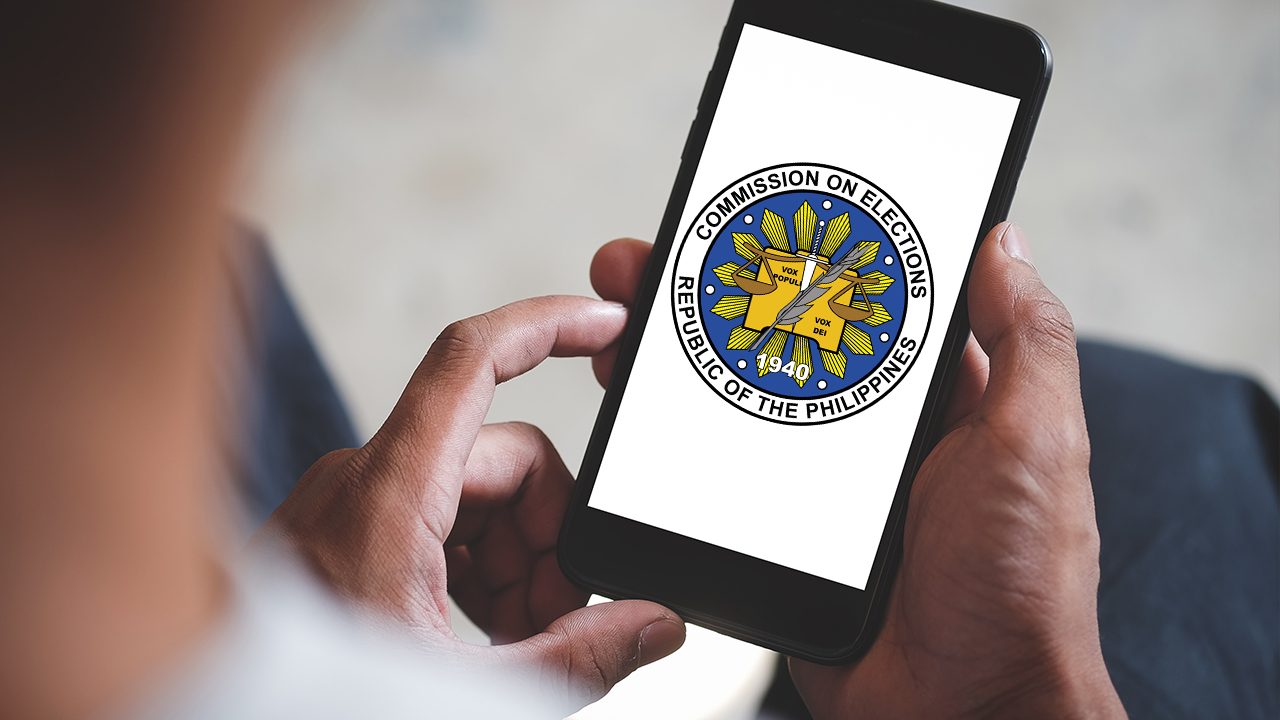
The Commission on Elections’ (Comelec) Office for Overseas Voting (OFOV) is offering several online services to registered overseas voters, those with deactivated voter’s registration, and first-time registrants for the 2022 Philippine elections.
The online services only include applications which do not require live capture of the applicants’ biometric data.
As per Comelec Resolution No. 10709, registrants and those with deactivated voter’s registration can avail of these transactions virtually:
- Certification as overseas voter, for those with existing voting records
- Reactivation of overseas voter registration records
- Updating of addresses and contact information
- Transfer of voting records between different international locations (country to country), and from overseas to the Philippines
As first-time registration requires the capturing of biometrics, this would still need to be done in the foreign posts, like Philippine consulates and embassies, and designated local offices in the Philippines.
These are the OFOV services that cannot be done online:
- Registration as an overseas voter
- Validation or the capturing of biometric data of registered overseas voters whose biometrics have not yet been captured
- Correction of entries that involve changing signatures, like voters who changed their civil status and surnames
- Recapturing of biometric data, such as photographs, signatures, and/or fingerprints
- Any applications or transactions that are required to be acted upon by the Comelec personnel in cities or municipalities of the Philippines
The Comelec earlier reminded Filipinos who are registered abroad to transfer their registration to the Philippines if they were repatriated, or expect to be in the Philippines on election day – May 9, 2022.
Earlier, this could only be done in local offices in the Philippines, but now the service is available online.
The deadline for transferring registration from abroad to a locality in the Philippines is August 31, 2021 – earlier than the deadline for standard registration, which is on September 30.
Safe transactions
In a bid to stem COVID-19 transmission, the OFOV said Filipinos can avail of the four services “without leaving the safety of your home or office.”
Applicants will submit forms via email and speak to OFOV personnel via videoconference. They can also schedule appointments at their own convenience.
There are two forms applicable to overseas voters, the OVF1, which can be found here, and the revised CEF1, which can be found here. All overseas voters would need to accomplish the OVF1, while voters who are transferring their registration from abroad to the Philippines need to accomplish both OVF1 and CEF1.
Using Comelec’s platform iRehistro, first-time registrants can fill up their OVF1 forms online, but will need to make personal appearances for their biometrics capturing and oath-taking. Applicants can book these appointments on iRehistro as well.
The Comelec aims to register a total of 3 million overseas voters for the 2022 elections. – Rappler.com
Add a comment
How does this make you feel?





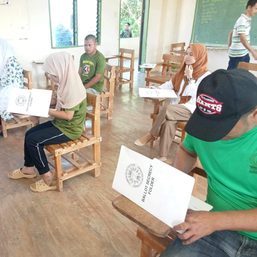


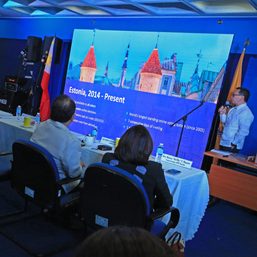
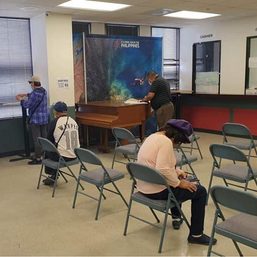
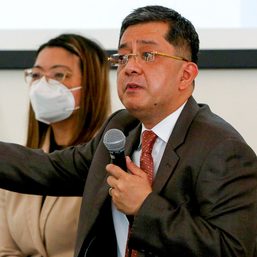
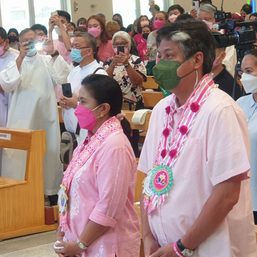
There are no comments yet. Add your comment to start the conversation.